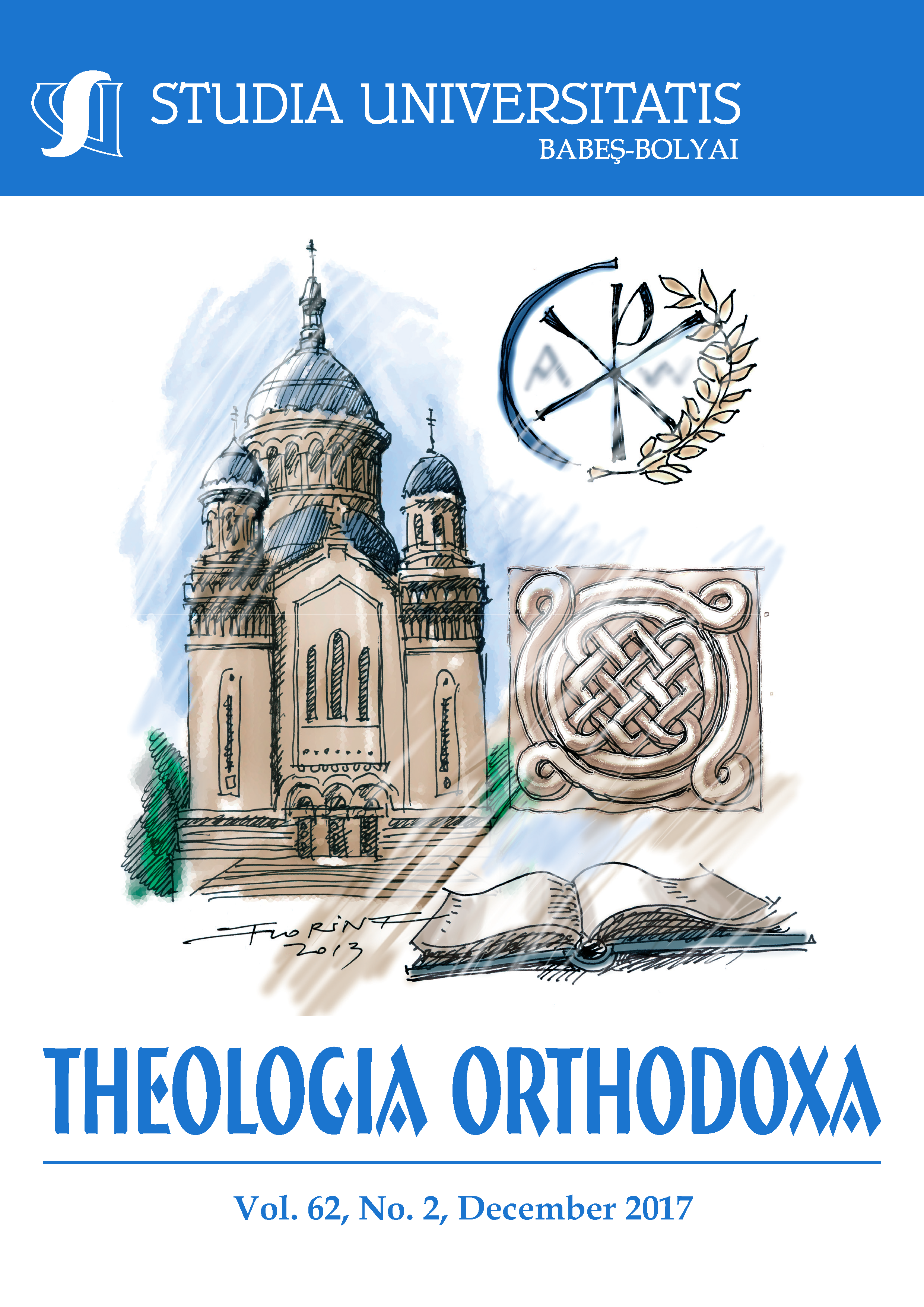CHURCH AND COMMUNIST REGIME IN SERBIA
DOI:
https://doi.org/10.24193/subbto.2017.2.03Keywords:
Church, Yugoslavia, Communism, sufferingAbstract
Christianity as a religion is not anti-political, but as in other segments of its existence, it overcomes politics and human organizations, for the Lord tells us that My Empire is not of this world (Jn 18:36). Morals, which are so important for Christ’s faith, invite people to accept authority and comply with civil obedience. Everything can be misused, or misunderstood, however, the general moral significance of the State is needed to limit evil and to maintain good for everyone when it comes to social relations between people. The State, as a system of legal regulations that manages interpersonal relations in one community, exists in various forms, almost as many as mankind. Unfortunately, Christianity wasn’t well understood from its very beginning in the country where it appeared – the Roman Empire, because of suspicion that it’s anti-state and anarchist, even thought that is far from the truth. It took some time until the State realized the meaning of St. Paul’s words: Let everyone put himself under the authority of the higher powers, because there is no power which is not of God, and all powers are ordered by God (Rom 13:1), these words imply that Christians can be good citizens only if a common language is found. However, at certain times even after gaining its freedom the Church has borne a wreath of martyrdom because of State persecution. History shows us that the systems that fought against the Church, actually fought against God, and the one who fights against God is always defeated in the end.
References
Corovic, Vladimir. History of the Serbian people. Belgrade, 2001.
Dimevski, Slavko. History of the Macedonian Orthodox church. Skopje, 1989.
Djuric, Misina Veljko, and German Djoric. Patriarch in dedivinized age. Belgrade, 2012.
Jovanovic, Zoran M. Belgrade Archdiocese and its environment in space and time. Belgrade, 2014.
Lactantius. Death of the pursuers. Belgrade, 2014.
Milosavljevic, Olivera. Contemporaries of Facism: The perception of fascism in Belgrade public 1933-1944. Belgrade, 2010.
Pejic, Ranko. History. Serbian Sarajevo, Belgrade, 2014.
Popovic, Radomir. Orthodoxy at the crossroads of centuries: Local Orthodox churches. Belgrade, 1999.
Popovic, Radomir. Serbian Orthodox Church – sources for history. Belgrade, 2000.
Popovic, Radomir. Sources for church history – second edition: Letter from Metropolitan of Skopje to Josip Broz Tito. Belgrade, 2006.
Popovic, Radomir. Sources for church history – second edition. Belgrade, 2006.
Puzovic, Predrag. Schism in the Serbian Orthodox Church: Macedonian church issue. Belgrade, 1997.
Slijepcevic, Djoko. History of the Serbian Orthodox Church III. Belgrade, 1991.
Sucur, Dragan. Banja Luka Diocese during Bishop Vasilije Kostic, 1947-1961. Banja Luka, 2009.
Veselinovic, Rajko L. History of the Serbian Orthodox Church with national history – book III. Belgrade, 2010.
Vukovic, Sava, Bishop of Sumadija. Serbian hierarchs. Kragujevac-Belgrade-Podgorica, 1996.
Vurdelja, Dragoljub. Decapitated Serbian Church. Trieste, 1964.
Zundhausen, Holm. Serbian history from 19th to 21th century. Translated from German by Tomislav Bekic. Belgrade, 2009.
Downloads
Published
How to Cite
Issue
Section
License
Copyright (c) 2017 Studia Universitatis Babeș-Bolyai Theologia Orthodoxa

This work is licensed under a Creative Commons Attribution-NonCommercial-NoDerivatives 4.0 International License.





 ISSN (print): 1224-0869, ISSN (online): 2065-9474, ISSN-L: 2065-9474
ISSN (print): 1224-0869, ISSN (online): 2065-9474, ISSN-L: 2065-9474